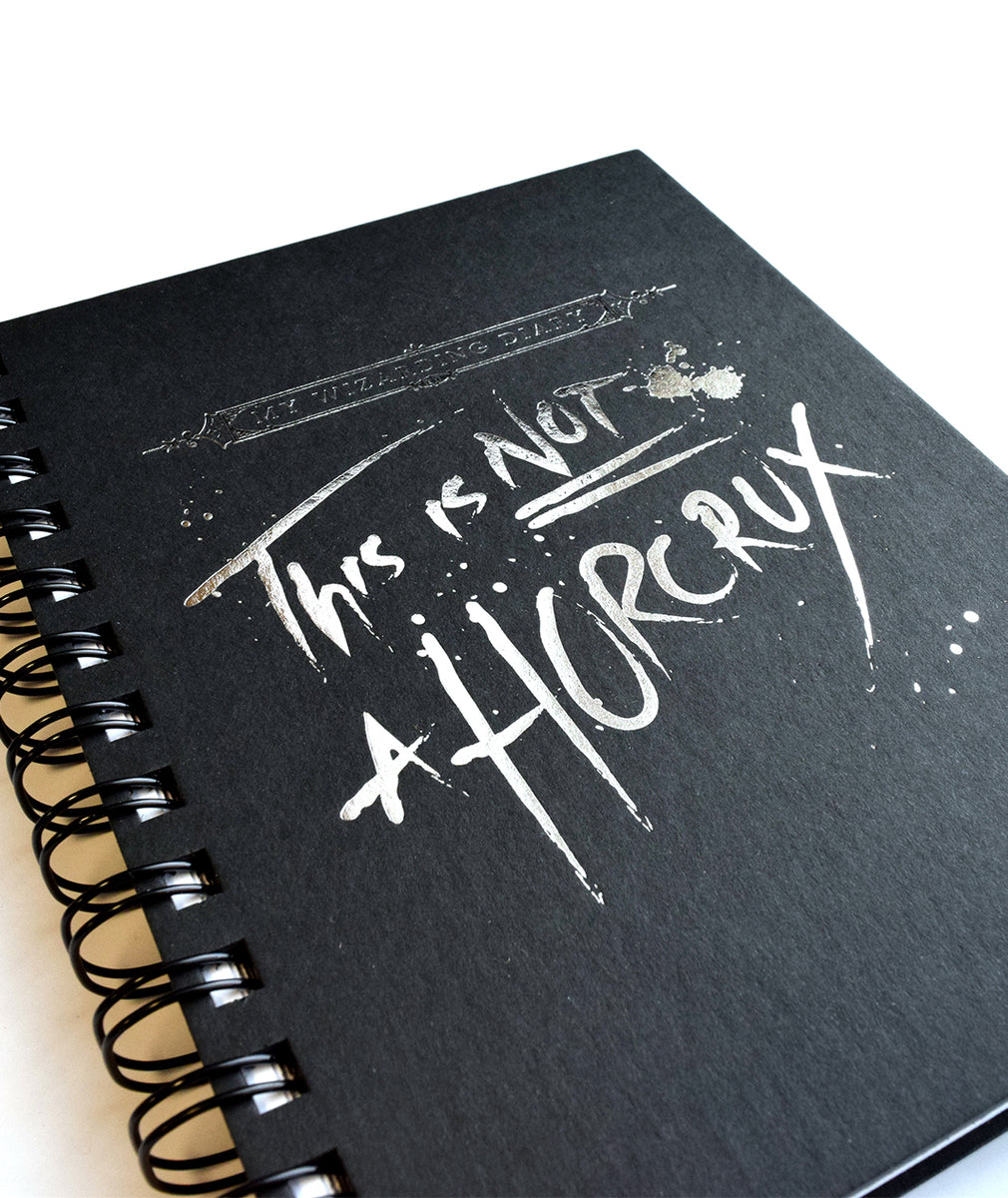
Today I'm going to use Christine Riccio's debut novel, Again, But Better, which I finished the other day, as a jumping-off point to a discussion of how we process the books we read and apply that found meaning to our lives.
Again, But Better, Barnes and Noble's YA Book Club Book of the Month for August, is a contemporary romantic comedy about studying abroad and traveling, coming of age, taking chances on relationships and life and experiences, and setting your own standards for success. It delves into difficult familial relationships in the context of near-independence, the tension between dreams and practicality, and a complicated crush. Oh, and Christine threw in a splash of magic for good measure, which Made the story for me.
I gave this book 5 out of 5 stars on Goodreads, and Highly Recommend it, especially to late highschool and college-aged readers.
Again, But Better, Barnes and Noble's YA Book Club Book of the Month for August, is a contemporary romantic comedy about studying abroad and traveling, coming of age, taking chances on relationships and life and experiences, and setting your own standards for success. It delves into difficult familial relationships in the context of near-independence, the tension between dreams and practicality, and a complicated crush. Oh, and Christine threw in a splash of magic for good measure, which Made the story for me.
I gave this book 5 out of 5 stars on Goodreads, and Highly Recommend it, especially to late highschool and college-aged readers.
Shane Primaveri, the leading lady in Again, But Better, approaches life-processing in much the same way I do. There are two kinds of people: external processors and internal processors. Internal processors process their lives and experiences inside their own heads, but external processors, like me, need to take experiences out of our heads in order to process them correctly.

Taking experiences outside our heads can happen in conversations, in journals, in blog posts, and even in social media posts and Youtube videos.
Speaking of Youtube videos. Christine Riccio, the 29-year-old author of Again, but Better was a wildly popular Booktuber before she ever set about to write a book of her own. She started her channel in 2010, and filled it with book reviews, bookish comedy, and much more. She is considered to be both the OG Booktuber and the most famous. Here is her channel.
Here are my three favorite Christine Riccio videos:
The Reading Slump Case Study (language warning)
Did you watch them? GO WATCH THEM. Have you watched them now? Okay, you may continue reading this blog post now. As you can hopefully tell, this lady is a Personality. She's also an external processor just like her main character. Shane Primaveri talks a lot, blogs, and journals physically in little notebooks she calls "horcruxes" (a reference to the horcrux/journal Harry Potter and the Chamber of Secrets).
Throughout Again, But Better, Shane sorts through her emotions and comes to realizations and decisions that drive the story through this process of externally processing her experiences. For me, this is So Relatable. Actually everything about Shane is relatable. She accidentally knocks over chairs when she stands up too fast, she plays Angry Birds, she has a crush on a guy with a girlfriend, and so much more.
Did you watch them? GO WATCH THEM. Have you watched them now? Okay, you may continue reading this blog post now. As you can hopefully tell, this lady is a Personality. She's also an external processor just like her main character. Shane Primaveri talks a lot, blogs, and journals physically in little notebooks she calls "horcruxes" (a reference to the horcrux/journal Harry Potter and the Chamber of Secrets).
Throughout Again, But Better, Shane sorts through her emotions and comes to realizations and decisions that drive the story through this process of externally processing her experiences. For me, this is So Relatable. Actually everything about Shane is relatable. She accidentally knocks over chairs when she stands up too fast, she plays Angry Birds, she has a crush on a guy with a girlfriend, and so much more.

Every time I read a book, I do a little journal entry on it. It's my way of processing my reactions to the story, what thoughts and emotions it elicited, and what my conclusions are on its messages. This practice grew out of something I had to do for all of Dr. Grewell's literature classes: Keep a Commonplace Book.
A Commonplace Book, traditionally, is a personal book of notable quotations taken from other books. It can also include observations and drawings as well as quotes from other mediums, but it is not the same thing as a journal. For my classes, I had to select a notable quotation from each day's reading and comment on it. This, by the way, is a fantastic method of ensuring that your students do the reading. Or at least skim. It was my favorite assignment every semester, which is why I've modified the practice and continued to this day in the form of what I like to call call "Literary Journaling".
Keeping a Commonplace book or Literary Journal is something I highly recommend because it ensures that you don't simply read for blind entertainment, which I tend to think is both dangerous and a waste of time.
I would back up this statement, but I don't think I actually need to. I think we're all quite aware, on some level, that entertainment without thought is a waste of time, even if we're not willing to do anything about it. Some of us need to waste a little time for our general mental health. That's okay. But I think we're also all aware that there are plenty of morally or intellectually dangerous systems of thought out there that we don't want creeping into our minds and hearts when we're not paying attention. I'm talking about stuff like racist attitudes, materialism, demonic influence, religious concerns, and more. I have no issues reading a book with problematic elements, but I'm also going to spend a long time afterward thinking through those issues and landing in a good place in my own mind and heart.
When I do an entry, I tend to identify what bothered me about the book and why, what hit me right in the feels and why, what I found problematic philosophically, what I found insensitive, what shocked me and why, what I found profound, and in many cases, how I want my life or viewpoint to change as a result of what I've read.
Again, But Better for example made me want to write more. It, along with the author's personal writing story, wound up making a poignant case for not letting your dreams go. It doesn't advocate tossing wisdom and practicality out the window in some bid to win the dream-job lottery, but it does argue against choosing a life-path that will cause your dreams to die. It is a solid encouragement to all those artistic souls out there to have the courage to continue doing your art, even if it is just a hobby, and not to value arbitrary definitions of "real life" and "success" to such an extent that you give up everything that brings you joy and makes you unique. The book also has a lot that is healthy and good to say about an appropriate balance between familial wishes, romantic relationships, and success and happiness in life on ones own terms.
Also journaling!
How do you process your life experiences? The books you read? Do you journal or keep a Commonplace Book? Have you read Again, But Better? Leave me a message in the comments section!
Christine is hilarious! I've been meaning to read her book. I love the idea of doing a journal entry after reading a book, that's smart.
ReplyDeleteIsn't she a riot? And Thanks!
Delete